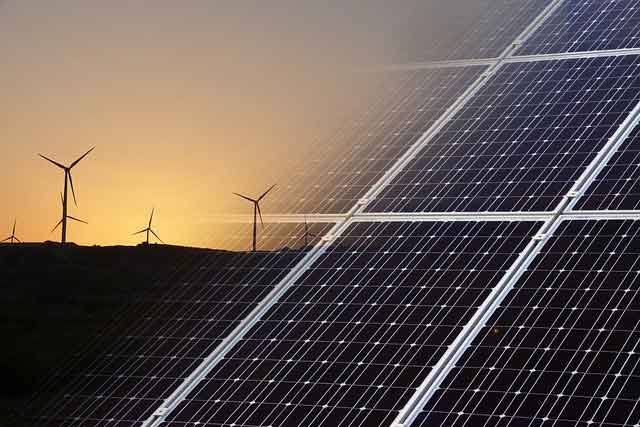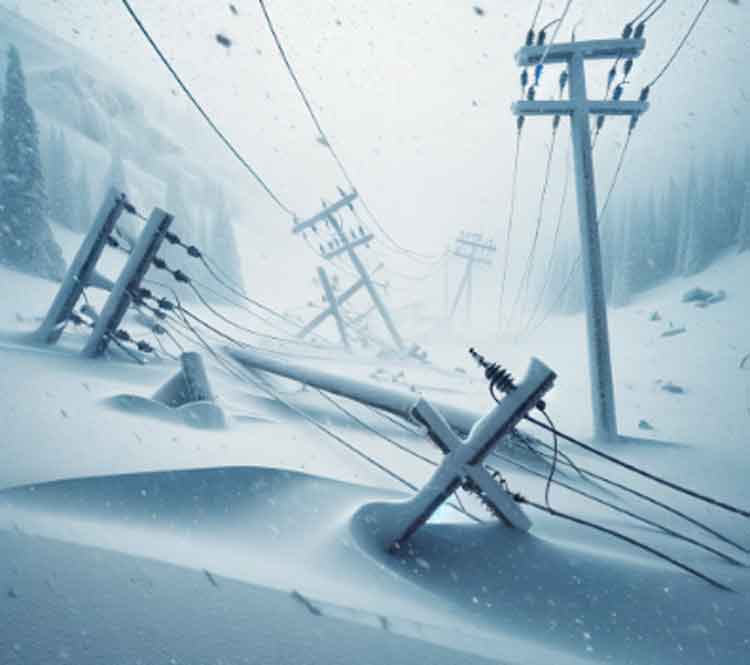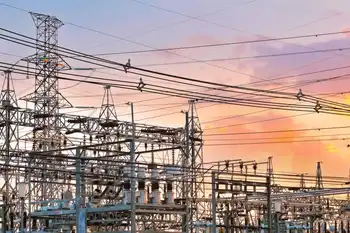Germany fumes over Ontario solar policy
By Toronto Star
Protective Relay Training - Basic
Our customized live online or in‑person group training can be delivered to your staff at your location.

- Live Online
- 12 hours Instructor-led
- Group Training Available
Germany's solar-industries association, BSW-Solar, has put out a notice to its members – including some of the biggest solar module manufacturers in the world – urging them to protest Ontario's "local protectionism."
"The actions taken in Ontario directly contravene Canada's international trade commitments and place foreign solar equipment makers at a serious competitive disadvantage," the association said.
"We respectfully request that you raise this issue with the appropriate Canadian federal and Ontario provincial authorities, indicating that the European Union will consider seriously all available options to resolve the matter successfully."
The new rules, which went into effect October 1, require that small rooftop solar systems contain 40 per cent local content as a combination of labour and equipment.
Larger systems must meet a 50 per cent threshold. Starting in two years that target will rise to 60 per cent.
Energy and Infrastructure Minister George Smitherman established the rule to stimulate investment and green-collar job creation in the province, a benefit aimed at making electricity consumers more agreeable to paying a premium for solar and wind power.
Under Ontario's new feed-in tariff program power that comes from solar projects can fetch between 44.3 and 80.2 cents per kilowatt-hour, which is eventually absorbed into provincial electricity rates.
Amy Tang, a spokeswoman for Smitherman, said the content threshold was carefully crafted to make sure local and foreign companies could participate, but in a way that brought economic and environmental benefits to the province.
"Our conclusion is that the domestic content rules have been developed in a way that welcomes investment from outside Ontario, because only a portion of the costs are required to be spent in Ontario," said Tang.
BSW-Solar said the federal government is responsible for ensuring that all provinces, including crown corporations and agencies such as the Ontario Power Authority, comply with Canada's WTO commitments.
It warned that Ontario's move will backfire, and that major manufacturers will simply avoid investing in the province.
Thomas Chrometzka, head of international affairs at BSW-Solar, said "a formal complaint is not yet anticipated." An industry source said international manufacturers upset with Ontario's new rules include SunPower, First Solar, Mitsubishi, Sanyo and Schuco.
A European Union delegation was in Ottawa discussing a possible Canada-EU trade deal and raised Ontario's local content mandate as a concern. "It's on their radar screen," said Cyndee Todgham Cherniak, an international trade lawyer with Lang Michener LLP in Toronto.
Cherniak said that on the surface, it doesn't appear Ontario is violating the WTO principle of "national treatment," which requires a state to treat foreign and domestic products equally once within national borders. But the answer isn't clear. "The analysis has yet to be done," she said. "There are some people asking the questions in government."
If, as BSW-Solar claims, international manufacturers avoid investing in Ontario it could mean the end of utility-scale solar projects in the province. Investors in such large, capital-intensive developments require "investment-grade" solar modules: ones with a proven track record and strong warranty.
First Solar, for example, supplied modules for solar farms in Stone Mills and Sarnia out of its facility in Perrysburg, Ohio. It's unlikely to relocate or build a new facility in Ontario to serve the market here. No investment-grade modules means no investment, and that has many developers in Ontario nervous.











